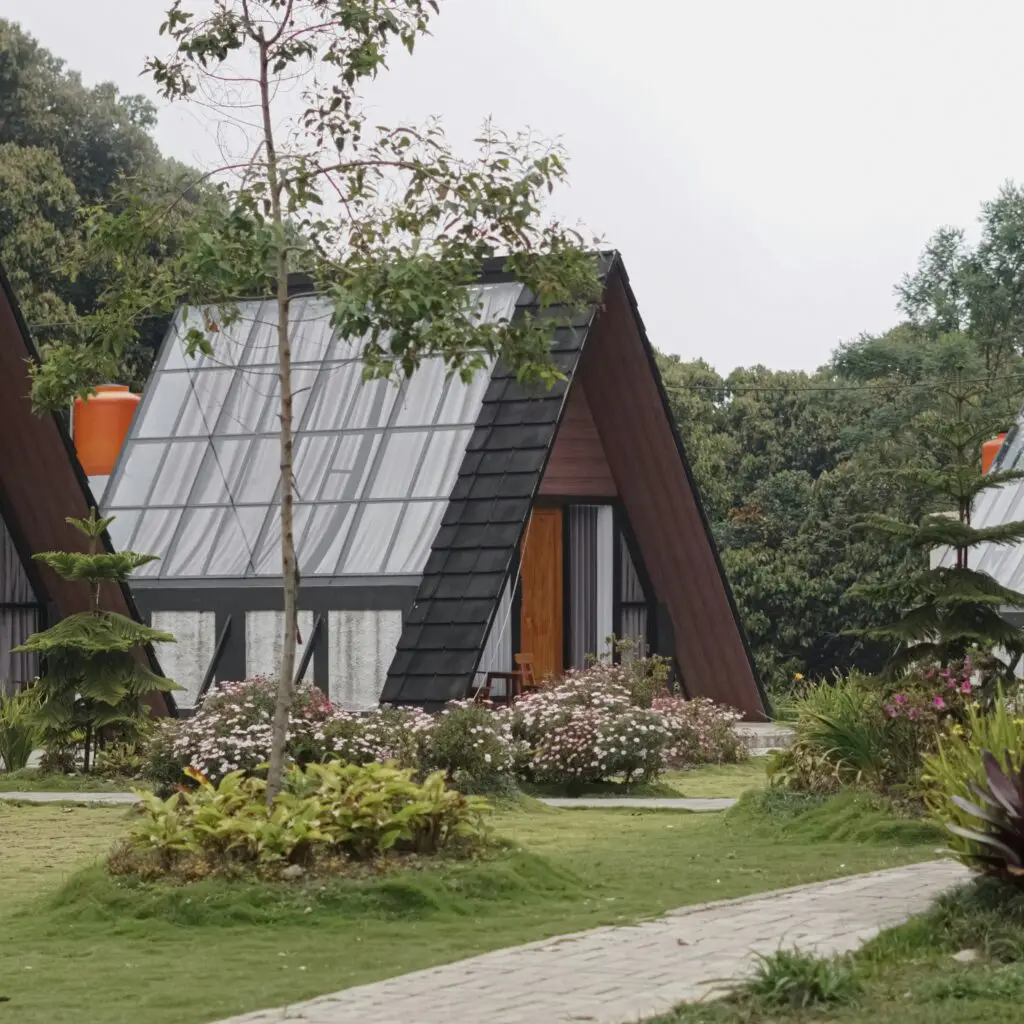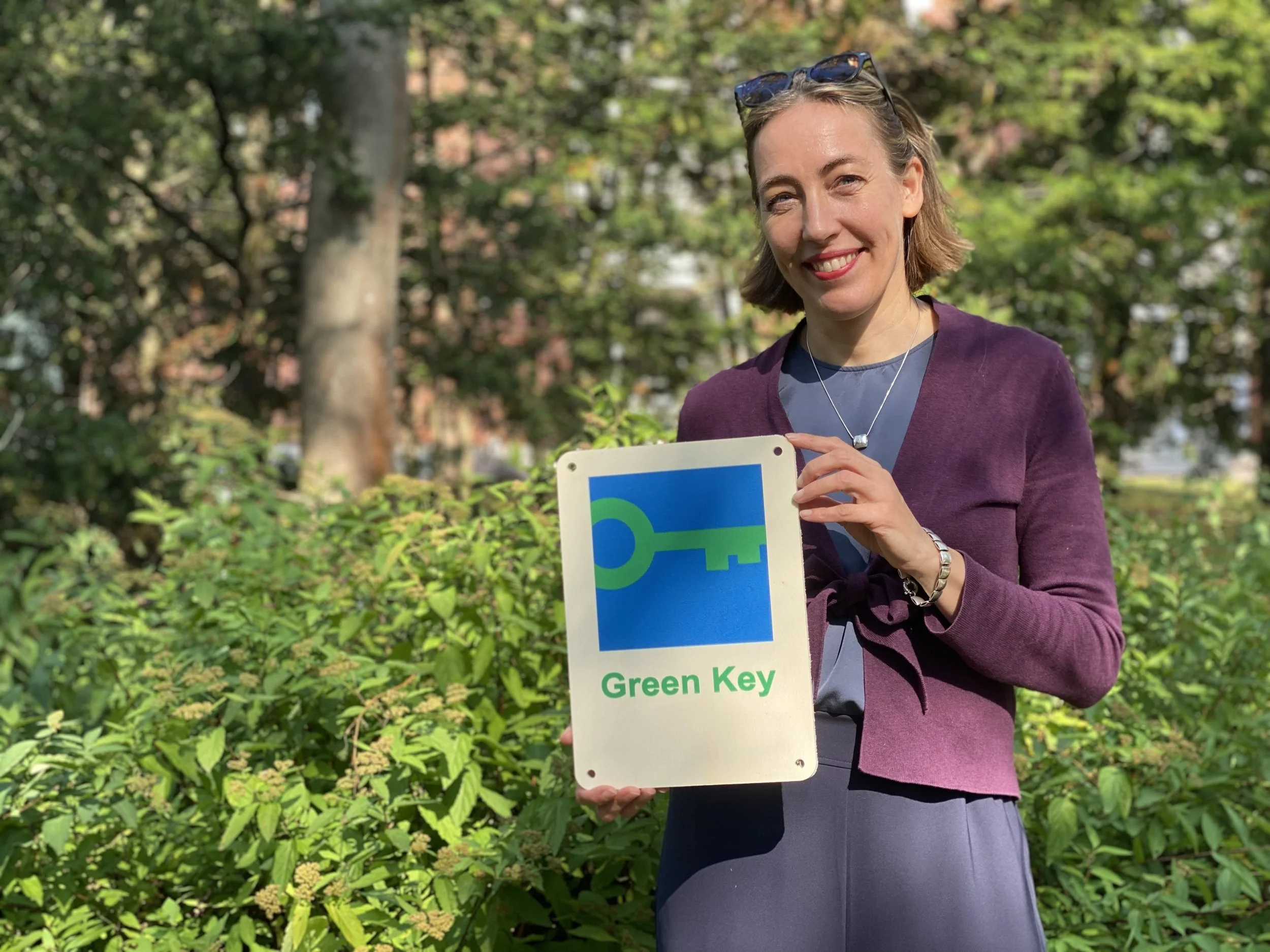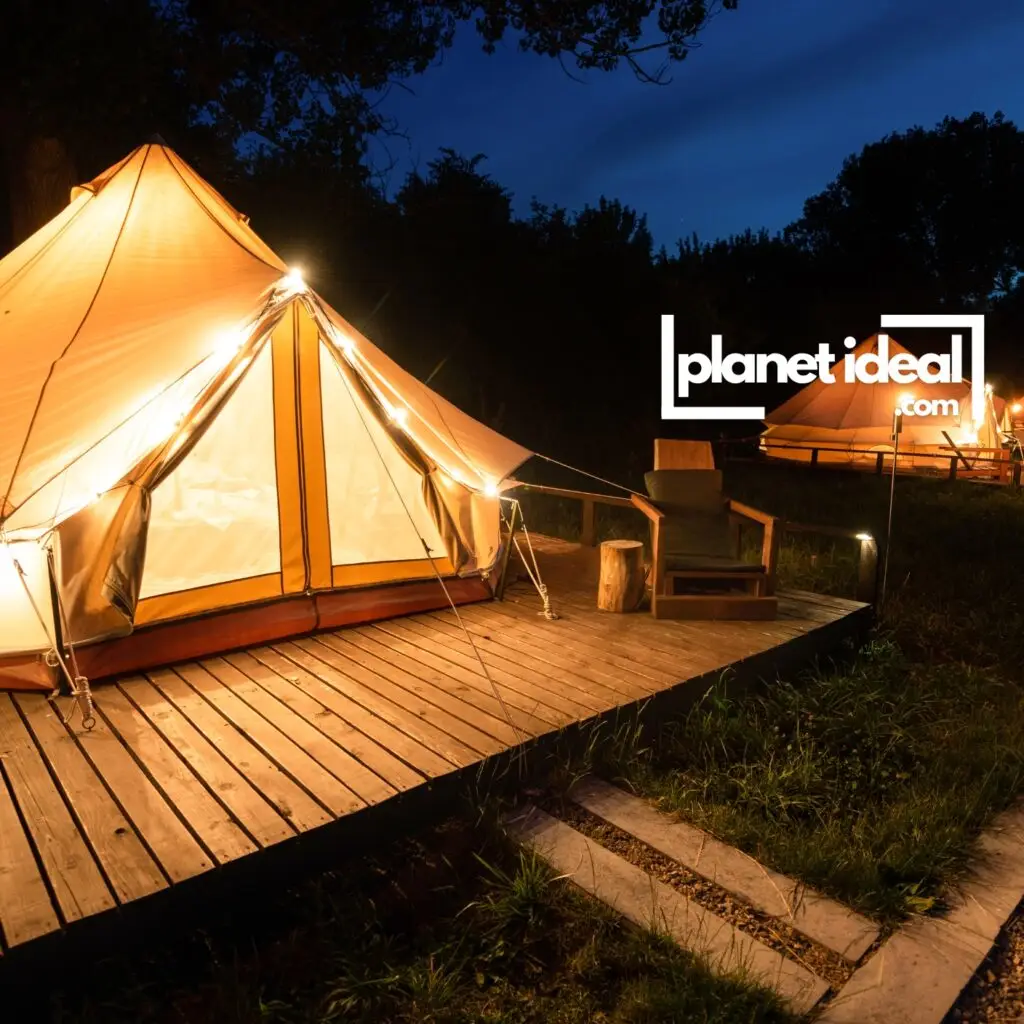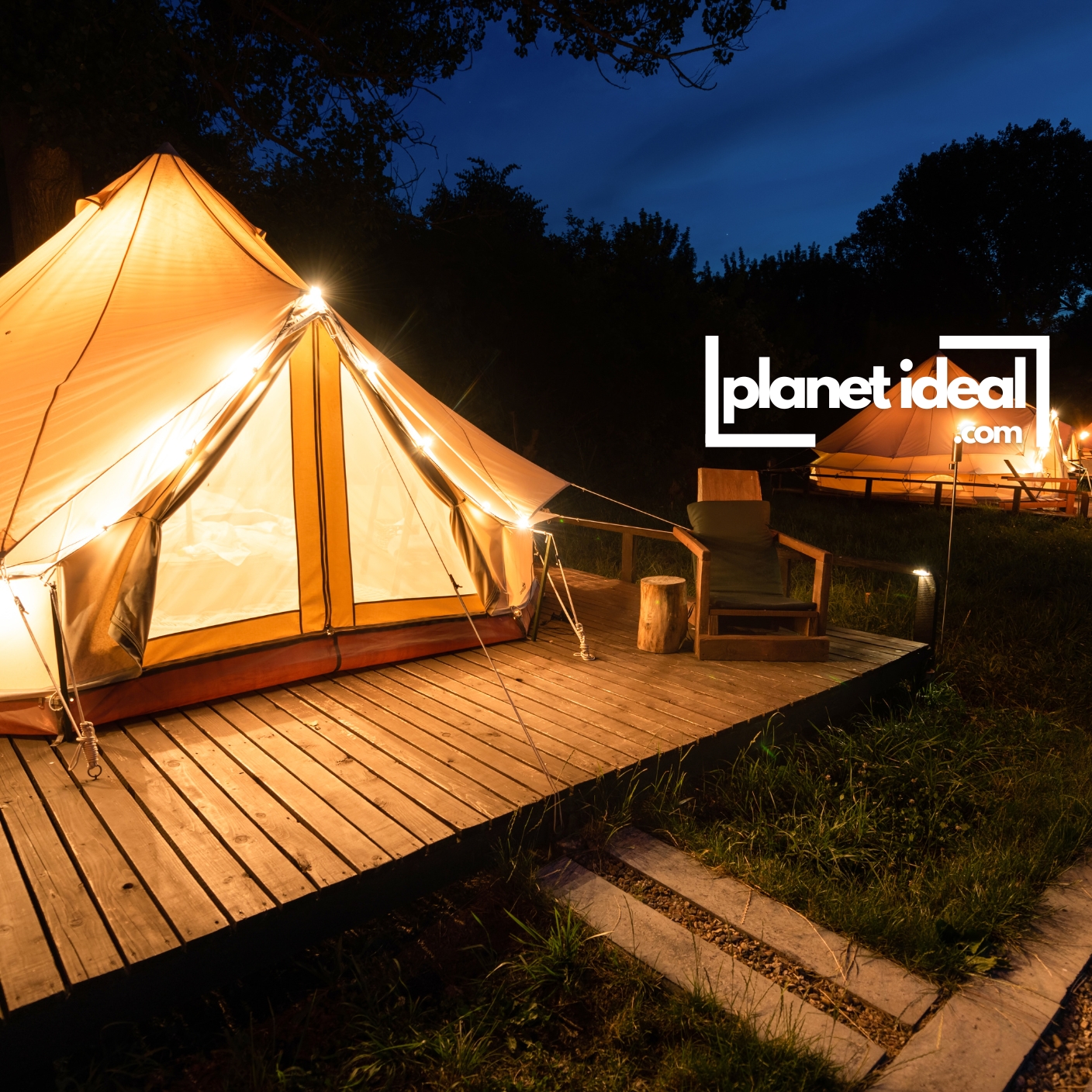Traveling sustainably doesn’t stop at choosing eco-friendly transportation or packing reusable items. Where you stay can make a huge difference in reducing your environmental impact. Eco-friendly hotels and accommodations are leading the way in sustainable tourism, offering greener ways to relax while protecting the planet.
In this guide, we’ll explore practical tips for identifying eco-friendly accommodations, what certifications to look for, and how to ensure your next trip aligns with your sustainability goals. Let’s dive into the art of eco-conscious lodging!
Table of Contents
Toggle1. What Makes a Hotel Eco-Friendly?
Not all hotels are created equal, and the term “eco-friendly” can mean different things. A genuinely sustainable hotel incorporates practices that minimize its impact on the environment while supporting local communities.
Key Features of an Eco-Friendly Hotel:
| Feature | Why It Matters |
|---|---|
| Energy Efficiency | Reduces greenhouse gas emissions by using renewable energy or energy-saving technologies. |
| Water Conservation | Implements measures like low-flow fixtures and greywater recycling. |
| Sustainable Materials | Uses recycled, organic, or locally sourced building materials and furnishings. |
| Waste Reduction | Encourages recycling, composting, and minimizes single-use plastics. |
| Support for Local Communities | Sources food, goods, and services locally to boost the regional economy. |

2. Look for Eco-Certifications
One of the easiest ways to ensure a hotel is truly sustainable is to look for certifications. These programs evaluate accommodations based on rigorous environmental and social criteria.
Top Eco-Certifications to Look For:
| Certification | What It Ensures |
|---|---|
| LEED (Leadership in Energy and Environmental Design) | Focuses on energy efficiency and sustainable building practices. |
| Green Key | Rates hotels on their environmental management and green initiatives. |
| EarthCheck | Measures sustainability performance in tourism. |
| Travelife | Assesses social and environmental practices in hotels and accommodations. |
External Link: Learn more about eco-certifications at Green Key.

A hotel lobby with a plaque proudly displaying its Green Key certification.
Source : https://www.greenkey.global/stories-news-1/2024/11/12/green-key-finland-one-decade
3. Use Online Resources to Find Green Hotels
Many travel platforms now cater to eco-conscious travelers by highlighting sustainable accommodations. These platforms make it easy to filter and find hotels that align with your values.
Best Platforms for Eco-Friendly Hotels:
| Platform | Features |
|---|---|
| EcoHotels.com | Showcases certified green hotels and lodges worldwide. |
| BookDifferent | Rates accommodations based on their carbon footprint. |
| Airbnb Green Stays | Features eco-friendly and energy-efficient stays. |
| Responsible Travel | Focuses on ethical and sustainable travel experiences. |
4. Read Reviews and Look for Transparency
Once you’ve narrowed down your options, it’s time to dig deeper. Guest reviews often provide valuable insights into how well a hotel adheres to its sustainability claims.
What to Look For in Reviews:
- Energy and Water Usage: Guests often note if a hotel uses solar power, LED lighting, or water-saving measures.
- Waste Management: Look for mentions of recycling programs or refillable toiletries.
- Community Involvement: Reviews might highlight if the hotel supports local farmers or artisans.
Pro Tip: Be wary of greenwashing. A genuinely eco-friendly hotel will openly share its sustainability practices on its website.
5. Choose Accommodations That Support Local Communities
Eco-friendly isn’t just about the environment—it’s also about people. Many sustainable accommodations prioritize local sourcing, fair wages, and cultural preservation.
Ways Hotels Can Support Communities:
- Local Sourcing: Using ingredients, furnishings, and artwork from local suppliers.
- Hiring Locally: Providing employment opportunities to residents.
- Cultural Preservation: Offering activities that showcase local traditions and heritage.

6. Ask Questions Before Booking
Don’t hesitate to reach out to hotels to ask about their sustainability practices. Genuine eco-friendly accommodations are usually happy to share their initiatives.
Questions to Ask:
- Energy: “What steps do you take to reduce energy consumption?”
- Waste: “How do you manage waste and minimize single-use plastics?”
- Food: “Do you source ingredients locally or offer organic options?”
- Water: “What measures do you take to conserve water?”
7. Opt for Unique Eco-Friendly Stays
If traditional hotels don’t appeal to you, consider alternative accommodations that offer a unique sustainable experience.
Eco-Friendly Alternatives to Traditional Hotels:
| Type | What Makes It Eco-Friendly |
|---|---|
| Eco-Lodges | Often located in natural settings, with minimal environmental impact. |
| Tiny Homes | Energy-efficient and use fewer resources. |
| Glamping Sites | Offer low-impact luxury in nature. |
| Farm Stays | Connect with nature while supporting sustainable agriculture. |

8. Pack Mindfully for a Sustainable Stay
Even the most eco-friendly hotel can’t do it all. As a responsible traveler, you can further reduce your impact by packing thoughtfully.
Zero-Waste Travel Essentials:
| Item | Why It’s Useful |
|---|---|
| Reusable water bottle | Avoid single-use plastic bottles. |
| Bamboo utensils | Replace disposable cutlery during your stay. |
| Cloth shopping bags | Perfect for markets or souvenir shopping. |
| Shampoo and soap bars | Minimize packaging waste in hotel bathrooms. |

At Planet Ideal, we’re on a mission to make sustainable living accessible for everyone. Our team of eco-enthusiasts writes short, snappy, and easy-to-digest articles designed to inspire real change without overwhelming. From practical tips to innovative ideas, we’re here to prove that living green can be stylish, convenient, and enjoyable. Join us as we empower individuals, families, and communities to embrace eco-friendly lifestyles—one step, one story, and one solution at a time.






